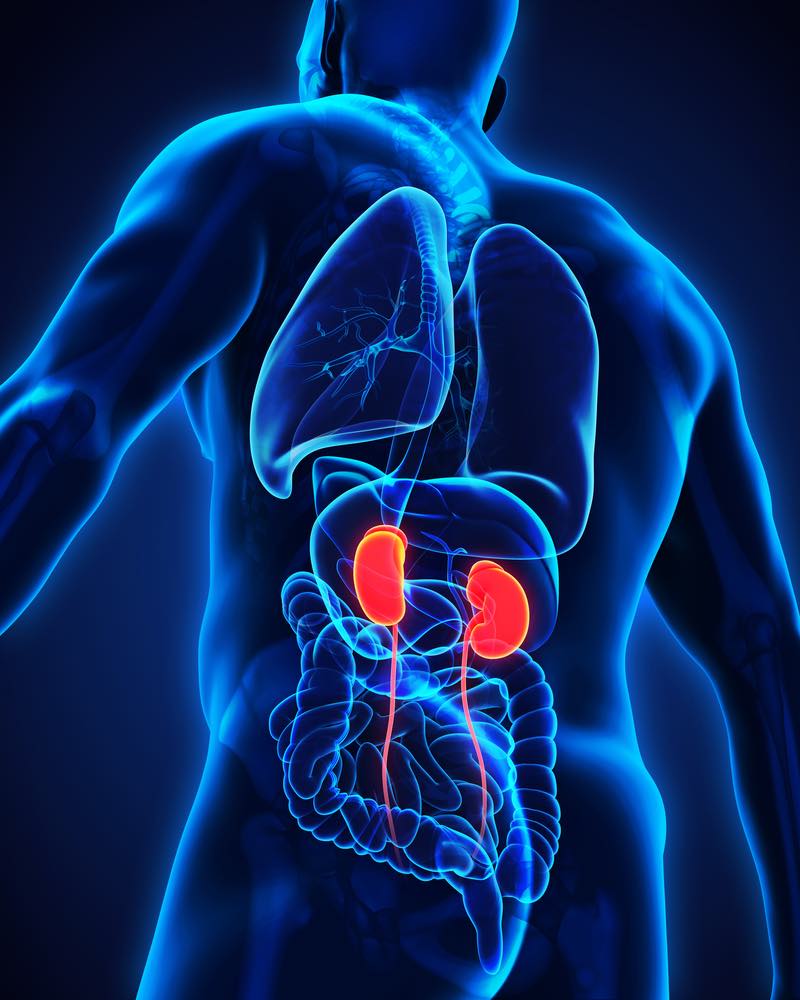Newsletter Signup - Under Article / In Page
"*" indicates required fields
French biopharma company Poxel SA says the U.S. Food and Drug Administration (FDA) has granted orphan drug designation (ODD) to PXL770 for the treatment of patients with autosomal-dominant polycystic kidney disease (ADPKD).
PXL770 is a novel, first-in-class direct adenosine monophosphate-activated protein kinase (AMPK) activator – and is also a phase 2 ready ADPKD asset, subject to additional financing.
Thomas Kuhn, CEO of Poxel, said: “As we have decided to focus PXL770 development efforts exclusively in rare diseases on the basis of our promising data, this orphan drug designation for PXL770 in ADPKD further strengthens the value of this phase 2 ready program. ADPKD is an inherited form of chronic kidney disease where the unmet need is high, with only one approved drug which is associated with significant safety-tolerability challenges.
“The pathophysiology of ADPKD involves altered kidney metabolism and there is a strong rationale for AMPK activation as a therapeutic approach. This summer, we completed the preclinical assessment of PXL770 in ADPKD demonstrating compelling benefits of strong suppression of cyst formation in vitro and in vivo and presented these results at recent scientific meetings. We have initiated development program planning and further regulatory interactions.”
Poxel’s focus on rare diseases
Poxel recently announced that PXL770 development will focus exclusively on rare diseases, starting with adrenoleukodystrophy (ALD) and ADPKD, driven by data which showed strong potential in multiple rare metabolic indications.
Preclinical results for PXL770 in ADPKD were presented in oral sessions recently in Paris, France, and Glasgow, U.K.
About ADPKD
Autosomal dominant polycystic kidney disease is the fourth leading cause of renal failure and the most common inherited cause of kidney disease. In ADPKD, fluid-filled cysts develop and enlarge in both kidneys, eventually leading to kidney failure. Other complications and clinical manifestations include: abdominal pain, urinary symptoms, liver cysts and cardiovascular disorders. More than 50% of people with ADPKD will develop kidney failure by age 50. Once a person has kidney failure, dialysis or a transplant are the only options.
About PXL770
PXL770 is a first-in-class direct adenosine monophosphate-activated protein kinase (AMPK) activator. AMPK is a central regulator of multiple metabolic pathways leading to the control of lipid metabolism, glucose homeostasis and inflammation. Based on its central metabolic role, targeting AMPK offers the opportunity to pursue a wide range of indications to treat chronic metabolic diseases.






